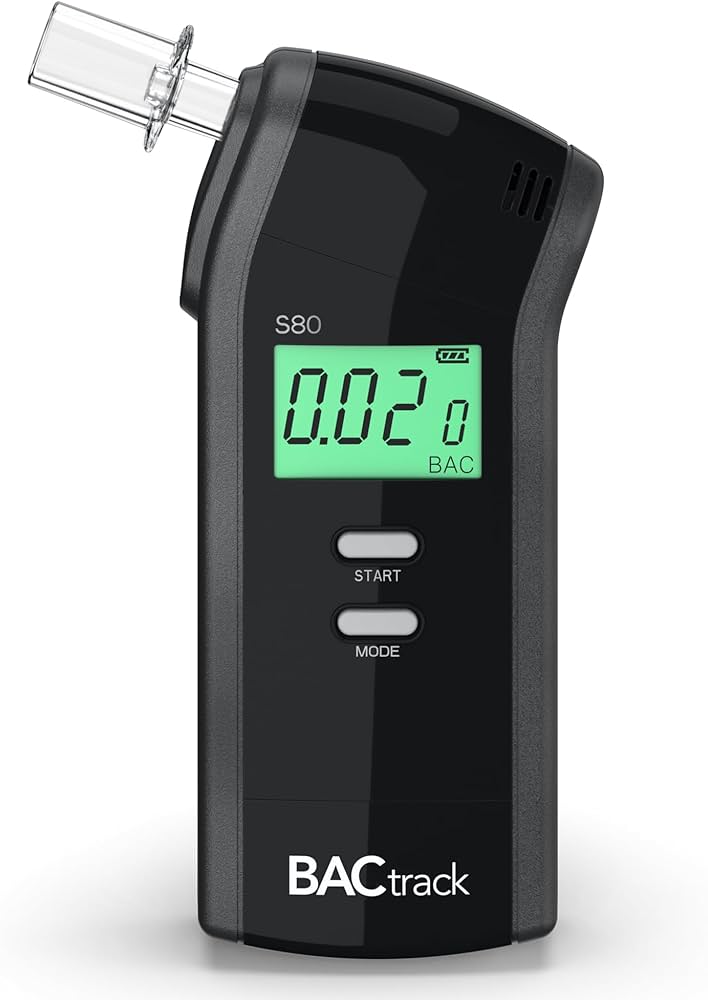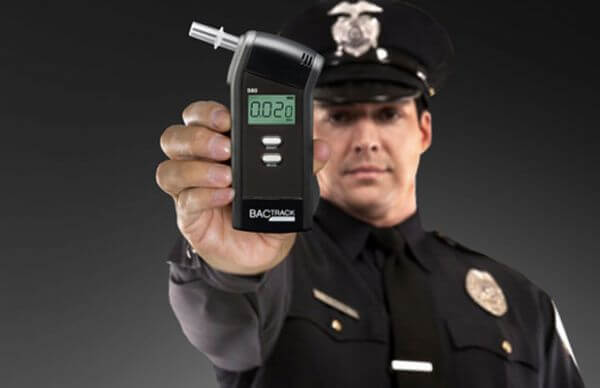134Views

As summer heats rise, people seek relief in cold beer or frozen cocktails; unfortunately, their choice to drink could put them at risk of DUI arrest.
Weather can interfere with field sobriety tests and lead to false DUI charges, so having an experienced defense attorney challenge these results on this basis is important in fighting your DUI charges successfully.
Adverse Weather Conditions
Summer weather often encourages people to experience outdoor concerts, carnivals, fairs and backyard gatherings with friends. Unfortunately, these events often serve alcohol; when individuals consume too much and drive home afterwards they risk DUI accidents.
Field sobriety tests are commonly administered by police officers as evidence of driver impairment; however, many factors can impede their accuracy and reliability; specifically adverse weather conditions can make administering these tests more challenging than usual.
At times of rain or strong winds, individuals taking these tests may find it challenging to maintain balance and follow instructions for performing Walk-and-Turn or One-Leg Stand tests. Strong winds may also reduce visibility, leading to inaccurate test results that could be misinterpreted as signs of impairment that could result in misinterpreted DUI charges against them.
Breathalyzer Accuracy
Breathalyzer accuracy depends on several factors, including calibration and maintenance standards being adhered to properly. Failing to do so could produce inaccurate results which could compromise an investigation for DUI charges.
The device works by measuring your blood alcohol concentration (BAC) through measuring how much alcohol is found in your breath. Alcohol circulates throughout your body before reaching your lungs, and exits with each exhale of air from your lungs when exhaled outward.
Field sobriety tests may be compromised by weather conditions, making it harder to accurately assess drivers’ levels of impairment. Rain can produce slippery surfaces which make coordination tests such as Walk-and-Turn or One-Leg Stand more challenging; furthermore it may interfere with taking steps in a straight line and obscure vision to keep individuals from performing accurately on this test.
Cold temperatures can also cause muscle stiffness and shivering, further hindering an individual’s ability to remain balanced during these tests. Accurate test results could easily be misinterpreted as signs of impairment leading to potentially false convictions.
Legal Defenses
Field Sobriety Tests that measure balance and coordination such as the Walk and Turn and One Leg Stand may prove challenging when conducted under adverse weather conditions or with strong wind, even for sober people. Wind can blow dirt into their eyes during performance, distracting from accuracy in video recordings – leading to inaccurate conclusions regarding someone’s sobriety based on inaccurate video recording alone! Furthermore, extreme temperatures can cause muscles to stiffen up or shiver, making it hard for individuals to maintain balance during these tests.
DUI lawyers often utilize weather-related defenses in their cases to challenge evidence against their clients, such as equipment maintenance records, witness testimonies or expert opinions to support these arguments and strengthen their clients’ defense strategy and reduce or dismiss DUI charges altogether. It may also help show that weather conditions at the time of an incident had an influence over driver behaviors that increased chances of police mistaking it for signs of intoxication.
Law Enforcement Accountability
As temperatures warm up, more people drink. This increase increases the risk of DUI arrests for young adults as they often party more during summer breaks and nice weather; furthermore, many parties serve alcohol; furthermore people may drive drunk on wet roads; in these instances a tow truck driver may report suspicion of alcohol consumption to law enforcement officials.
Law enforcement officers receive training in controlled environments and use field sobriety tests when stopping drivers. Unfortunately, however, these tests can sometimes be inaccurate depending on weather conditions; wind can hinder accuracy during tests such as Walk-and-Turn and One-Leg Stand tests for instance. A skilled DUI defense attorney may argue that external factors affected how these tests were performed, thereby invalidating inaccurate test results as evidence in court cases.



